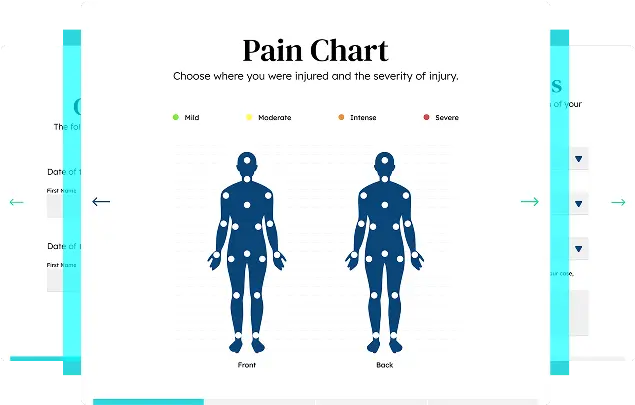Boston Train Accident Attorney
The Massachusetts Bay Transportation Authority (MBTA) has been operating mass transit for the Commonwealth of Massachusetts for over fifty years. Not only does it provide commuter train service, it also operates the subway, buses, and ferries for the Boston area. But filing a claim against an organization this size can create a great deal of concern for any victim of a train accident. A number of lawyers are on staff at the MBTA, but you do not need to face them alone.
Get Free Advice About The Compensation You Deserve
Home » Boston Personal Injury Lawyer » Boston Train Accident Attorney
Reviewed by: Christopher DiBella
April 10, 2025
Did You Suffer Injuries in a Boston Derailment or Collision?
DiBella Law Injury and Accident Lawyers, is one of Boston’s premier personal injury firms, and we will use all of our resources, skill, and experience to protect your rights as an injury victim. Call (617) 663-0665 to set up a free consultation.
The MBTA’s Responsibilities
As a paying passenger on a train, you have the right to expect safe and professional transportation. Any injuries you get as a result of employee negligence or improper use of equipment are the responsibility of the MTBA. It doesn’t matter whether it’s the conductor of the train or a janitor mopping the aisles and removing snow from the platform.
Some potential causes of injuries to train passengers include:
- A distracted conductor operating the train
- A fatigued conductor
- An improperly trained conductor
- Equipment left near the rails or on the platform
- Defective parts on the train or track
- Improper maintenance of the train and equipment
Who Else May Be Liable for a Boston Train Crash?
In addition to the MBTA, there could be other parties who contributed to the train accident, and they could be partially or fully to blame for your injuries. For example:
- The manufacturer of the train or parts used on the train
- The driver of a vehicle that collides with the train
- The owner of a vehicle left on the track
- Anyone who leaves a hazardous object on or near the rails
- Pedestrians who block or inhibit the train, causing a crash
DiBella Law Injury and Accident Lawyers, has the experience you need to determine who should be held financially responsible for your injuries. Our skilled Boston personal injury lawyer team will work with law enforcement and accident recreation specialists to determine exactly how the accident occurred and who is to blame.
We’ve offered crucial support and guidance to individuals who have suffered injuries, ensuring their financial and emotional well-being.
Seeking Compensation for Your Train-Related Injuries
Every accident is different, and we will evaluate yours and help you understand what compensation you can seek. In general, most personal injury victims can seek compensation for the following:
- Current and future medical expenses related to injuries
- Rehabilitation and physical therapy
- Emotional counseling for distress and trauma
- Lost wages and diminished earning potential
- Pain and suffering
- Permanent or partial disability
- The cost to adapt your home or vehicle to meet your needs due to a disability
The injuries you sustain in a Boston train accident can alter your life in ways you never imagined, and create expenses you should not be forced to pay. Understanding this long-term impact on your life can be difficult, especially after such a traumatic event. The Boston injury lawyers at DiBella Law Injury and Accident Lawyers, have nearly two decades of experience assisting accident victims just like yourself. Our goal is to eliminate your financial worries and allow you to focus on rebuilding your life.
Call (617) 663-0665 today to schedule a free consultation with one of our Boston train accident attorneys. Take this first step in your recovery by allowing us to protect your legal rights.
Get immediate case evaluation with no cost or obligation to you in less than 5 minutes.

